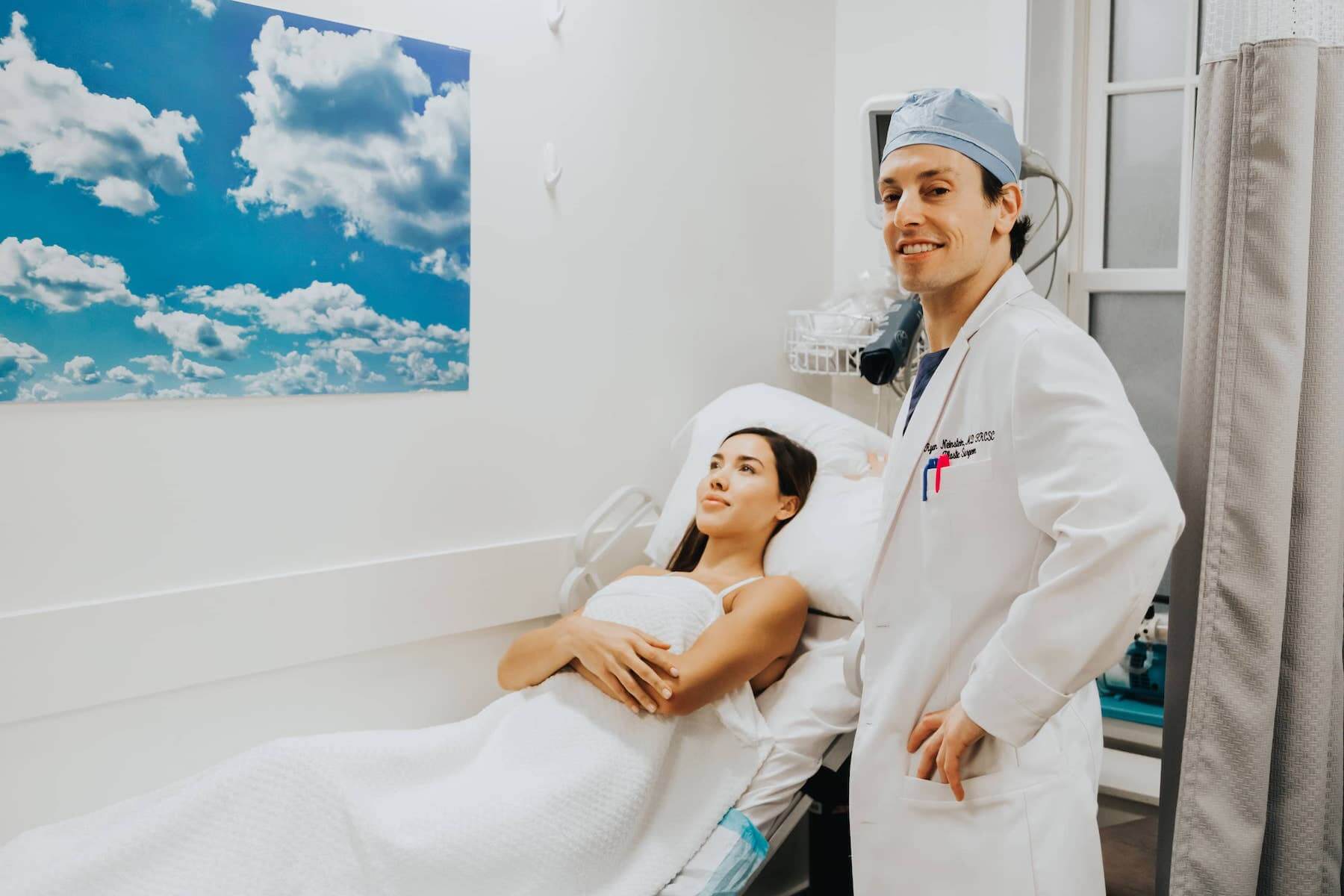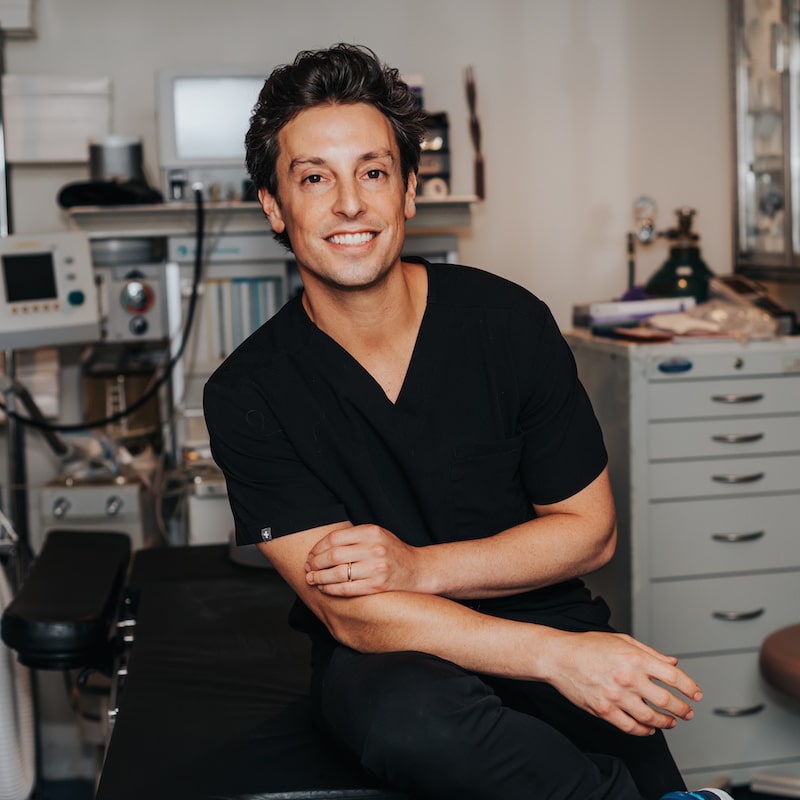by Dr. Ryan Neinstein
Here is some deep insight into the psychology of healing from plastic surgery that I have gained and want to share with you. I gained this insight from literally talking to thousands of patients about how they feel at different stages of healing. It has been and continues to be an absolute source of pleasure in my life to not just get to know patients personally but to dive deep into their emotions about the process.
Our focus on surgical mastery and an enlightened patient experience attracts driven and motivated people from all over the country and all over the world. 40% of our patients travel for surgery. It is humbling and remarkable that people choose to come spend so much time with our team at Neinstein Plastic Surgery.
What is amazing about all of the patients is:
- With such similar characteristics, its very easy for our team and the patients to have a strong bond; these characteristics are family-orientated, fitness driven, highly motivated, and being beyond passionate about what you do.
- Regardless of geography, patients with similar mindset have similar surgery and go through similar psychological healing patterns.
Having patients be open and honest while being present in the process of healing has allowed me to reorient the way I think about everything in effort to be better aligned with not only the physical, but the mental healing after plastic surgery as well.
Ok, so let’s look at the journey.
Psychology Behind Making the Decision to Have Plastic Surgery
In my experience, people use plastic surgery as a tool to overcome a frustration. Some folks would like you to believe that all changes to the body can be done with diet and exercise, this of course, is nonsense and a belief held by those mentally burdened by a restriction for growth. The doers and the driven understand that being remarkable will come with criticism and they don’t care because the best the timid can hope for is to be unnoticed. When you strive and drive to be the best version of yourself you will stand out from the crowd.
People are used to the concept that increased effort will lead to the outcome they desire. This is how we approach life. There are three broad categories that I have noticed that frustrate patients because these categories describe barriers between effort and outcome:
- Genetics: while our lives are filled with choices our parents are not one of those choices. If something seems out of place or not in harmony with the rest of the body plastic surgery can be a great tool to feel more whole.
- Post Pregnancy Changes: the human body is an amazing thing however the process of pregnancy can stretch skin beyond its ability to snap back, separate muscles causing bulging and fat can deposit in places where it never found a home before. Plastic surgery can help restore the sense of self with these physical changes.
- Menopause: the changes that occur from menopause are both psychological and physical. What shocks a lot of people to know is that a huge proportion of my patients are above 50 years old. The reason is simple, these driven happy patients see a non harmonious change to skin, muscle, and fat distribution from menopause that again no diet or exercise will change the outcome significantly enough. The mental well being to some tweeks with plastic surgery can enlighten and brighten the spirit of people experiencing these changes.
Ok, so you have a good reason to have plastic surgery, you chose a great surgeon and team, you had surgery and everything went perfect so why are you freaking out and is that normal?
 The Post-Plastic Surgery Freak Out
The Post-Plastic Surgery Freak Out
These thought patterns are 100% normal after plastic surgery
‘What did I do”
“Why did I do this”
“It wasn’t that bad”
These patterns are again absolutely normal and part of the healing process and yes, people have these even when surgery is perfect. This happens during the first month and I promise there will be an inflection point between weeks 3 and 4. You will change from “I can’t believe I did this” to “ I can’t believe I waited this long”.
Why This Happens
- Change is hard – regardless of positive or negative change is hard to acclimatize too.
- The first month you look worse than you did before surgery because of bruising, swelling, scars and all the baggage of healing (garments, exhaustion, etc.)
- Don’t forget change is hard no matter how strong, positive, and driven you are.
The purpose of writing this blog is to let people know its ok to have regrets and feel bad about your decision in the early healing period. It is fascinating that several months later, patients don’t remember this phase it all. Our team at Neinstein Plastic Surgery has special training and are completely attuned to this phase, we are all here to mentally support you. That may be someone to cry to, vent to, or just chat with. We don’t just recognize this phase, we embrace it with our patients because we truly want open, honest, meaningful relationships.
By connecting for reassurance at this stage we truly create lasting relationships. Almost 100% of our patients are referrals by word of mouth from other patients because they want their friends and loved ones to experience “my plastic surgeon”.
For more information about plastic surgery please contact us and tell us everything we cant wait to help!
– Dr. Neinstein

